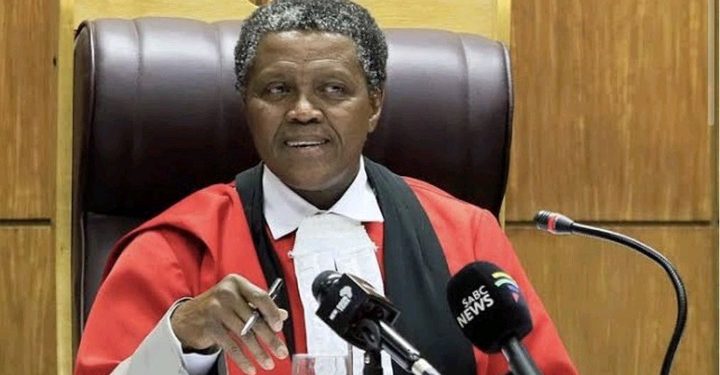Tensions ran high in the trial of slain South African footballer Senzo Meyiwa as the presiding judge firmly rebuked the defense attorney over the admissibility of a crucial Section 212 statement. The judge challenged the defense to “take me on appeal” if they believed the court had erred in allowing the document as evidence.
[WATCH] “It’s a legal document. If you think it is not a legal document, you can take me on appeal. If you think I am wrong, take me on appeal.” Judge Ratha Mokgoatlheng challenges defence counsel Adv. Charles Mnisi on the legality of the Section 212 statement. #Newzroom405… pic.twitter.com/5OIDcKJwOA
— Newzroom Afrika (@Newzroom405) September 18, 2024
The defense questioned the statement’s legal foundation, arguing it failed to meet necessary criteria for forensic admissibility. However, the judge dismissed these claims, maintaining that it was a legitimate legal document.
This dispute has intensified scrutiny over the forensic evidence linking the accused to the crime, further complicating an already delayed trial. Legal experts warn that an appeal could stretch proceedings even further, but such challenges are common when legal interpretations are in dispute.
The trial, which has gripped the nation, continues to fuel debate on the transparency and efficiency of South Africa’s legal system. As proceedings unfold, public attention remains fixed on the pursuit of justice for Meyiwa, with the case carrying significant implications for the broader judiciary.






















